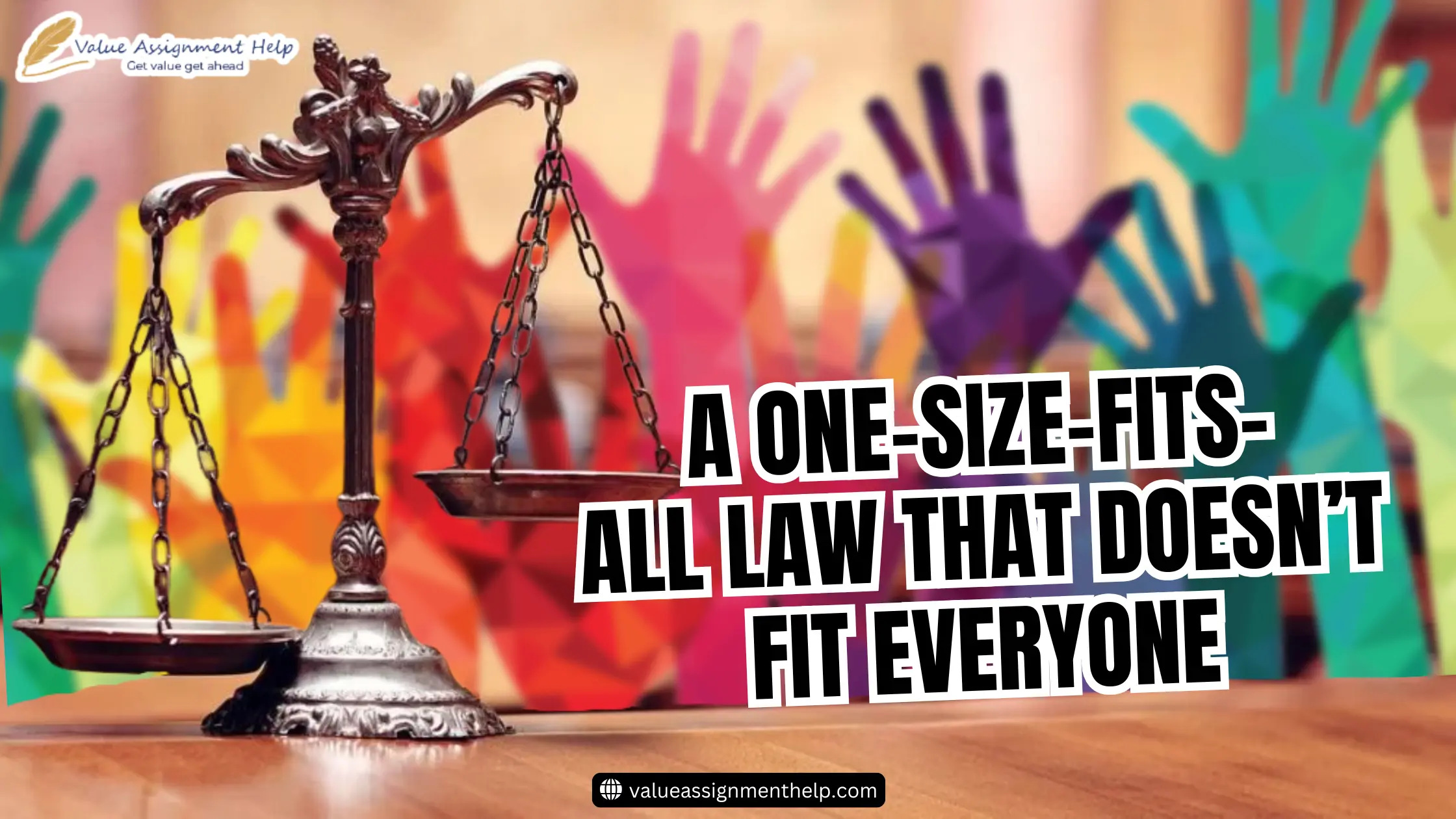
Search Assignments
Our Experts

Search Assignments

Customers Reviews
On January 27th, Uttarakhand made a historic advancement by becoming the first Indian state to implement the Uniform Civil Code (UCC) of 2025. This landmark legislation is designed to provide equal marriage, divorce, and inheritance laws for all individuals, representing a significant step towards fostering a more equitable society. The UCC has the potential to serve as a pilot initiative for the nationwide implementation of uniform family laws, offering hope for the establishment of a more just and equal India.

At present, India lacks a unified legal framework governing personal disputes and family matters, with issues related to marriage, divorce, adoption, and inheritance dictated by religious customs. The introduction of the UCC aims to replace these varied, religion-specific laws with a singular code that is applicable to all citizens, thereby promoting equality and fairness.
The UCC introduces transformative changes to laws concerning marriage, divorce, and inheritance, challenging entrenched religious and cultural norms.
Impact on Religious Traditions:
By proposing uniform laws, the UCC addresses the religious practices of diverse communities.
It mandates the registration of marriages within 60 days and abolishes polygamy—a practice prevalent in certain Islamic contexts. Furthermore, the law requires that divorces be processed through civil courts rather than through traditional Islamic methods such as Talaq-i-Talqi and Khula
In addition, the UCC eliminates the practice of 'halal,' which obligates a divorced woman to remarry before returning to her former husband. It also eradicates the distinction between self-acquired and ancestral property within Hindu communities, ensuring equal inheritance rights for sons and daughters, thereby challenging previous norms that often excluded women from inheriting parental property.
Nonetheless, the UCC has faced criticism regarding its perceived biases. Some Muslim leaders assert that it disproportionately targets Islamic customs while overlooking Hindu practices. Furthermore, the UCC does not adequately address certain patriarchal norms within Hinduism, particularly with respect to the guardianship of minors.

Regulating Social Norms and Cultural Shifts:
The UCC also seeks to break cultural stereotypes by legalizing live-in relationships, which have been relatively uncommon in India. While the law may not fully address the rights of homosexual couples, it does require unmarried heterosexual couples to register their cohabitation, aiming to eliminate the stigma associated with 'illegitimate' relationships. This provision ensures that children born from such partnerships are granted equal property rights
Despite these progressive changes, the UCC raises important questions regarding its inclusivity, particularly in relation to marginalized communities, thus prompting an ongoing dialogue about its equitable application.
The UCC is a great starting point for bringing equality and uniformity in civil laws. But the law leaves many stones unturned.
Despite the shortcomings, India needs a uniform civil code. The UCC is India’s way to true equality for its diverse population.
India has always been known for its ‘unity in diversity.' It is the most geographically and culturally diverse country in the world. India has more than six different geographical landforms; no other country or even continent has more than two.
Culturally, Indians speak more than 1600 different languages, making it one of the most linguistically diverse nations in the world. Home to the largest portion of the global population, India is proud of its ethnic, cultural, and religious diversity. Implementing and binding such a varied population into one unified code is formidable. If Indians feel that their diversity is threatened, then speculations, debates, protests, and denial of the code are bound to happen.
Undeniably, Uttrakhand is the Central government's test case for the Uniform Civil Code (UCC), allowing them to identify flaws and make improvements before a nationwide rollout. However, for citizens, Uttrakhand’s UCC laws set a precedent for what will eventually be applied to all.
The UCC laws deal with personal matters of people. They impact our day-to-day activities, how we live, how we share our homes, and how we pass on our legacy. Unlike criminal laws, the UCC touches on our personal beliefs and practices that have been deeply rooted in our culture for centuries. Given this, it cannot be imposed upon us overnight.
As Dr. B.R. Ambedkar wisely pointed out in 1948, a code of such magnitude and size can only be successful if people are given the liberty and time to acclimate to it. Rather than imposing the code across the board, it should be presented as a voluntary option in the beginning. People should be allowed to choose when and how to adapt to the changes.
People are more likely to embrace the UCC if they believe they have a choice. But if that choice is taken away, resistance and protests are inevitable. People will always resist when they feel that their autonomy is being stripped away, and we must recognize this to make the UCC truly inclusive and effective.




No Comments